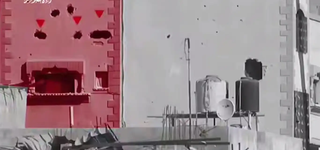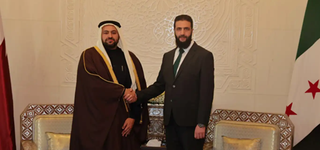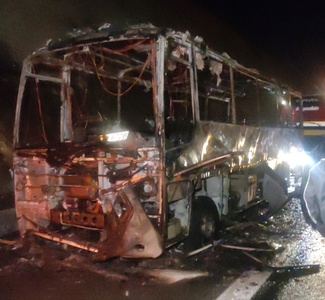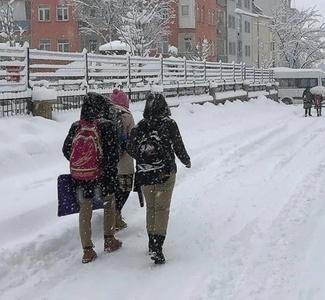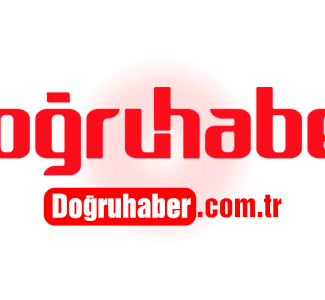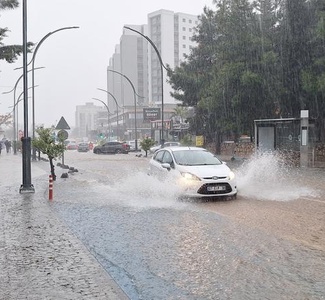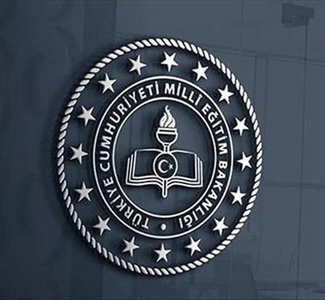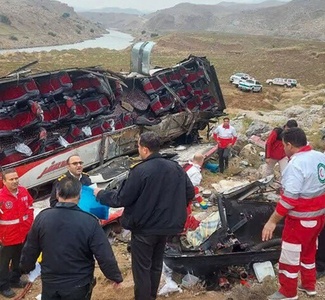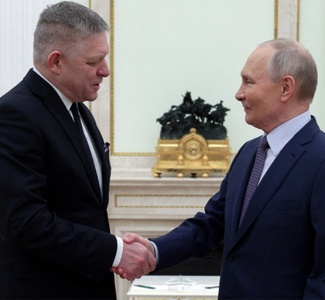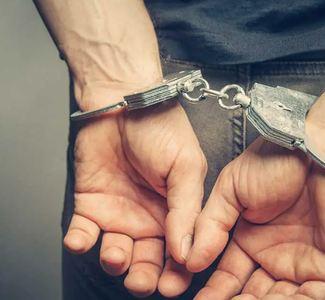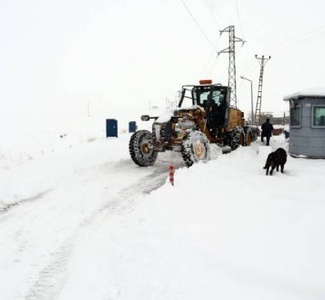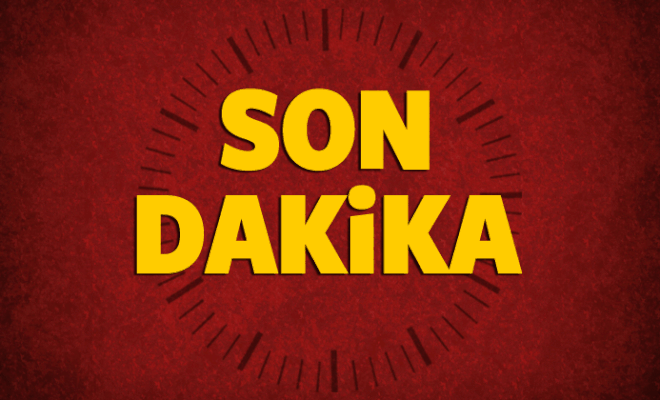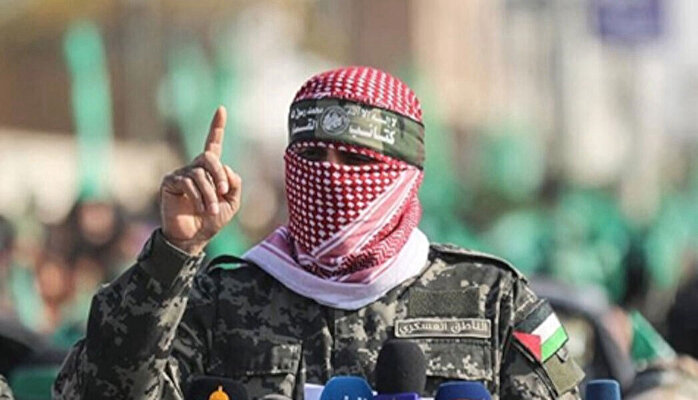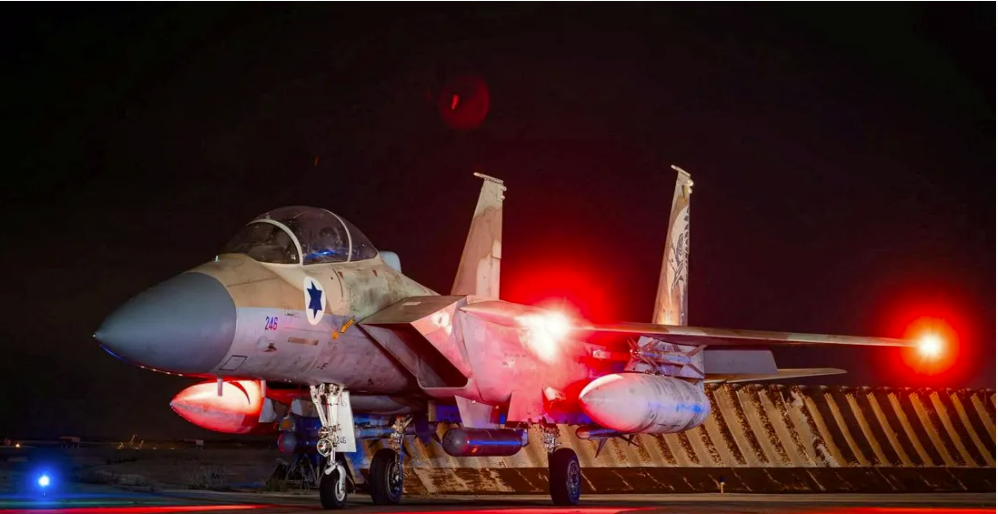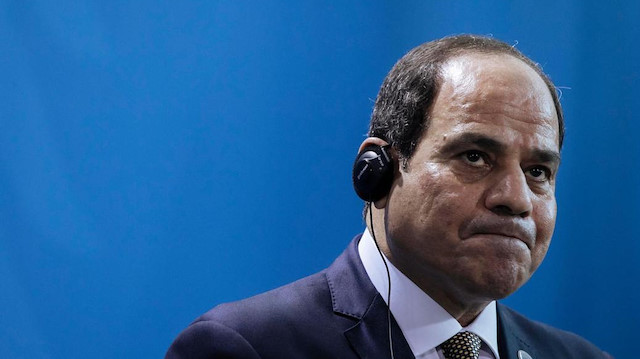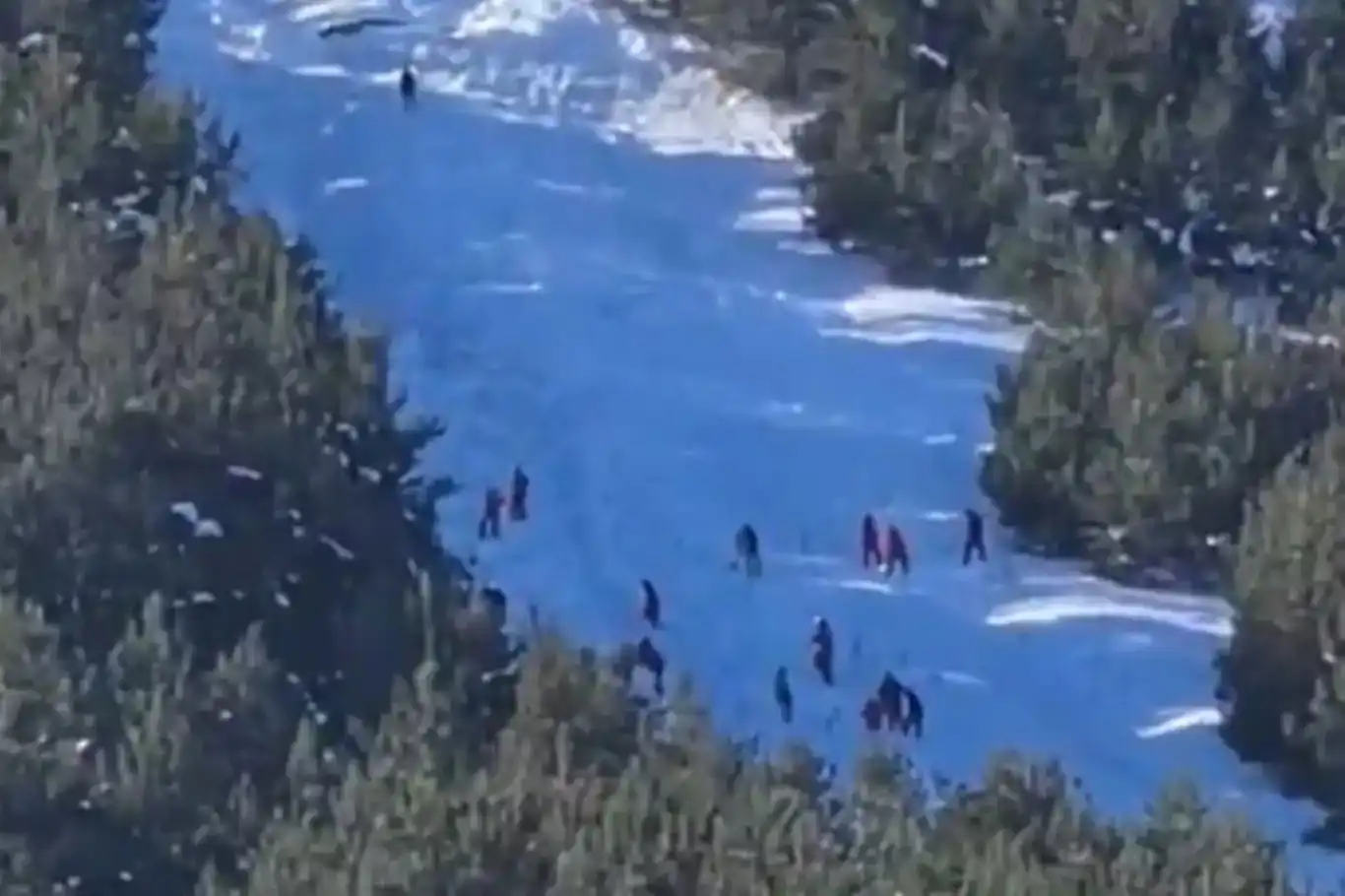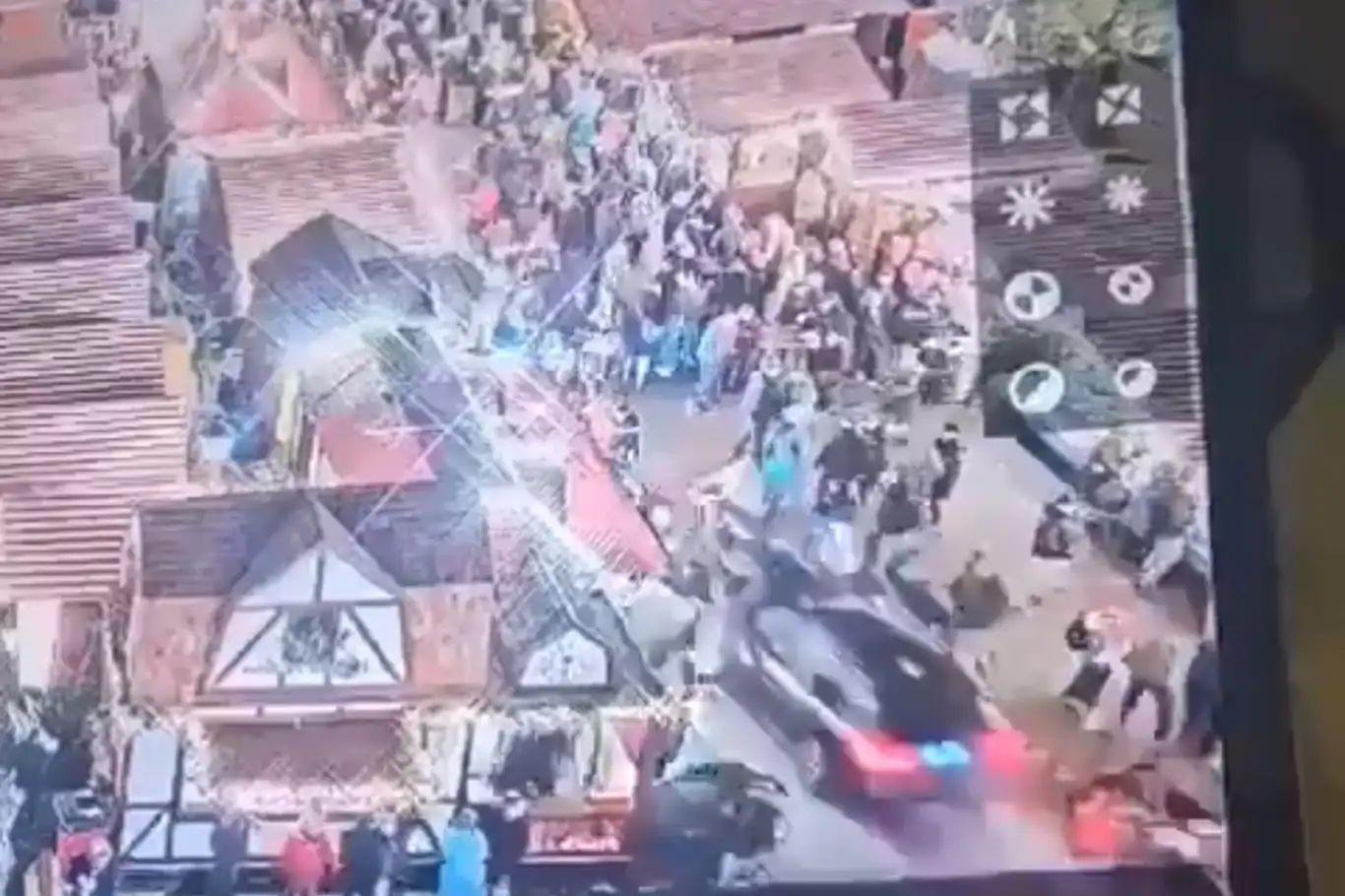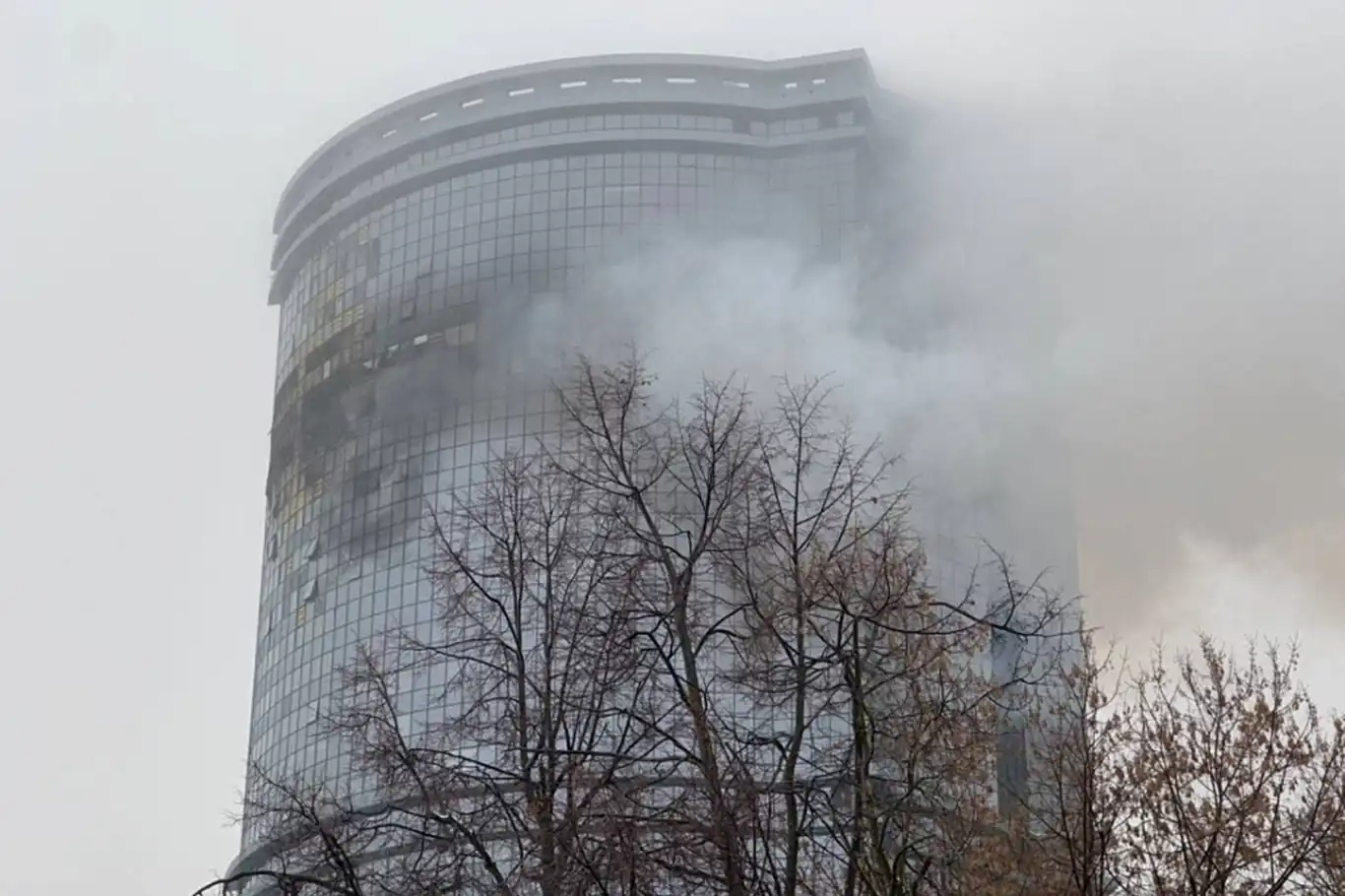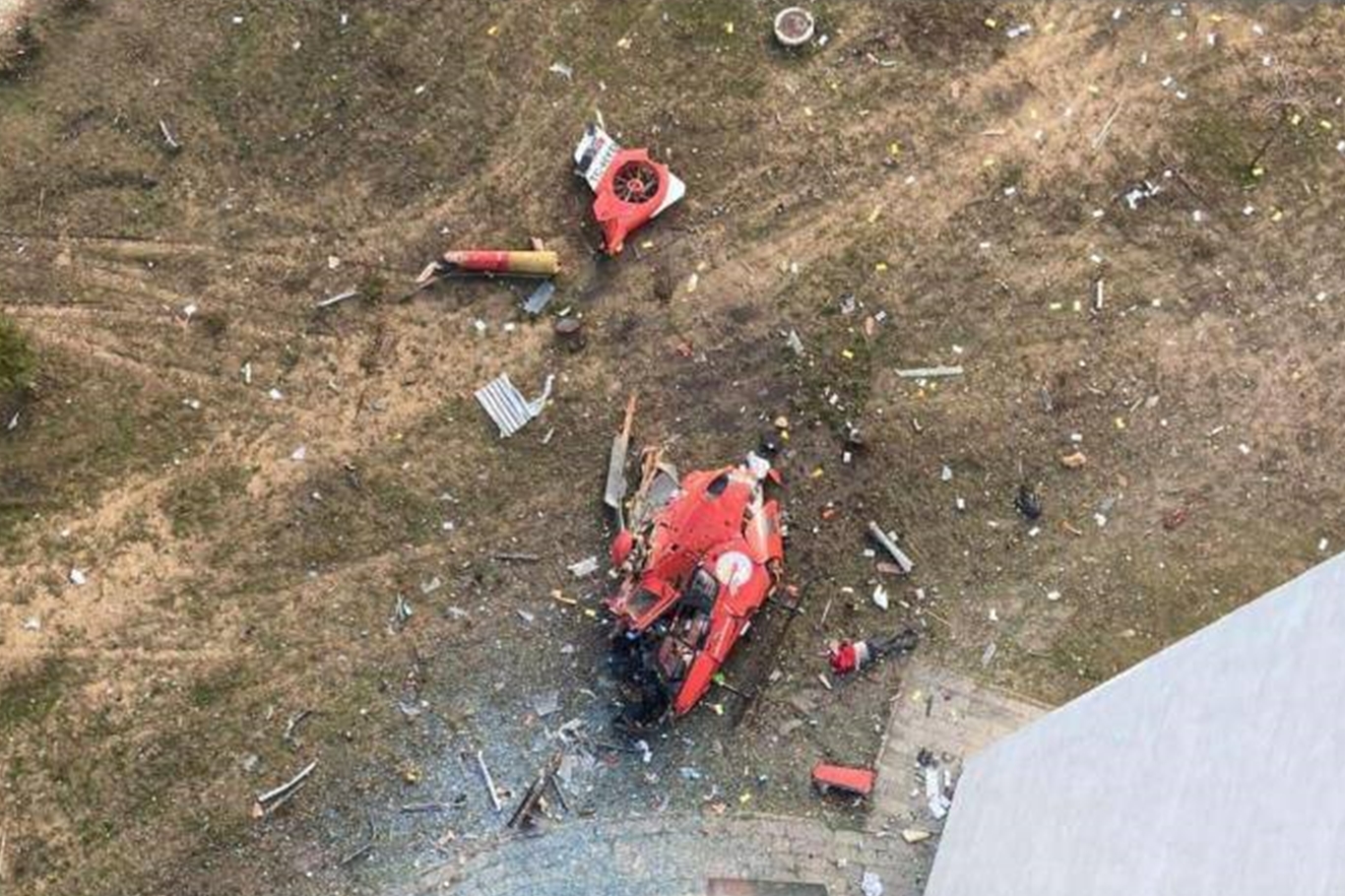EU envoy: Vienna talks to resume next week
Enrique Mora, the EU diplomat chairing the negotiations, announced the news on his Twitter account on Thursday.
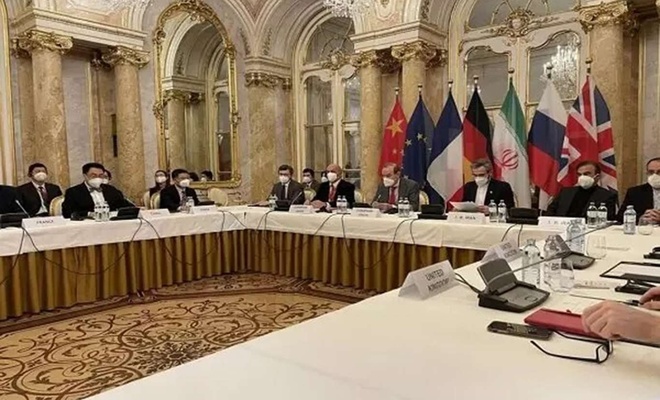
 Google News'te Doğruhaber'e abone olun.
Google News'te Doğruhaber'e abone olun. “Vienna Talks to resume on Monday 27 December. The JCPOA Joint Commission will meet to discuss and define the way ahead. Important to pick up the pace on key outstanding issues and move forward, working closely with the US. Welcome to the 8th round,” Mora wrote.
#ViennaTalks to resume on Monday 27 December. The #JCPOA Joint Commission will meet to discuss and define the way ahead. Important to pick up the pace on key outstanding issues and move forward, working closely with the US. Welcome to the 8th round.
The Joint Comprehensive Plan of Action, known commonly as the Iran nuclear deal or Iran deal, is an agreement on the Iranian nuclear program reached in Vienna on 14 July 2015, between Iran and the P5+1 (the five permanent members of the United Nations Security Council—China, France, Russia, United Kingdom, United States—plus Germany) together with the European Union.
Formal negotiations toward JCPOA began with the adoption of the Joint Plan of Action, an interim agreement signed between Iran and the P5+1 countries in November 2013. Iran and the P5+1 countries engaged in negotiations for the next 20 months and, in April 2015, agreed on a framework for the final agreement. In July 2015, Iran and the P5+1 confirmed an agreement on the plan, along with the “Roadmap Agreement” between Iran and the IAEA.
After the Trump administration twice certified Iran's compliance in 2017, in May 2018 the United States withdrew from JCPOA as Trump pledged he would negotiate a better deal. Trump left office without fulfilling that pledge and analysts determined Iran had moved closer to developing a nuclear weapon since the American withdrawal.
In early 2021, talks between the parties to the original agreement took place in Vienna. But due to the election of a new president in Iran, the meetings have been on hold since June.
Iran is seeking assurances from the EU that there will be no repetition of the unilateral U.S. withdrawal. On 14 October 2021, Iran and the EU agreed to hold further negotiations in Brussels.
On October 2021, Russia’s ambassador at the United Nations International Atomic Energy Agency in Vienna, Mikhail Ulyanov, called Iran's demand that the U.S. not withdraw from the JCPOA again “logical and justifiable”. President Joe Biden had previously refused to give Iran such assurances.
A joint statement by the leaders of France, Germany, the U.K., and the U.S. on October 30 welcomed “President Biden’s clearly demonstrated commitment to return the U.S. to full compliance with the JCPOA and to stay in full compliance, so long as Iran does the same.”
Talks resumed in Vienna on 29 November 2021, with representatives from Iran, China, France, Germany, Russia, and the U.K. present.
At the start of the seventh round of negotiations, European, Russian, British, Chinese, and Iranian negotiators expressed optimism about reviving the JCPOA. A European diplomat said that in June 2021, 70% to 80% of a draft deal had been agreed upon. Enrique Mora, the EU official chairing the talks, said he felt “extremely positive” about what he had seen.
Ali Bagheri, Iran’s top nuclear negotiator, referred to everything discussed so far as merely a “draft” and presented Iran's own new draft.
After the seventh round, Western negotiators called Iran's new proposals “unacceptable” and saw little chance of a successful negotiation unless Iran changed its position. Iranian negotiators insisted that the U.S. first lift all sanctions before Iran would scale back its nuclear program, contradicting the previous understanding of “compliance for compliance.” (ILKHA)






























